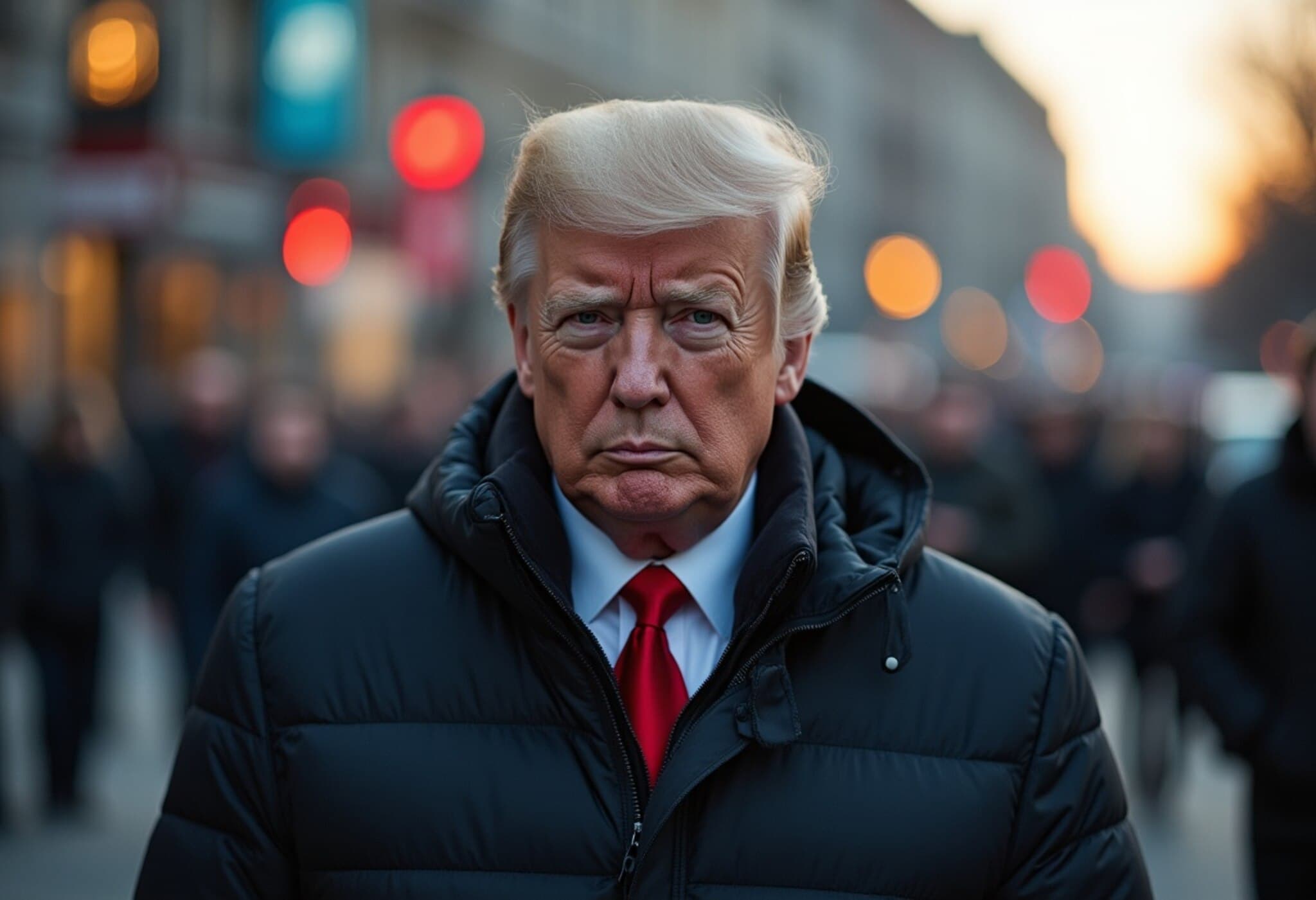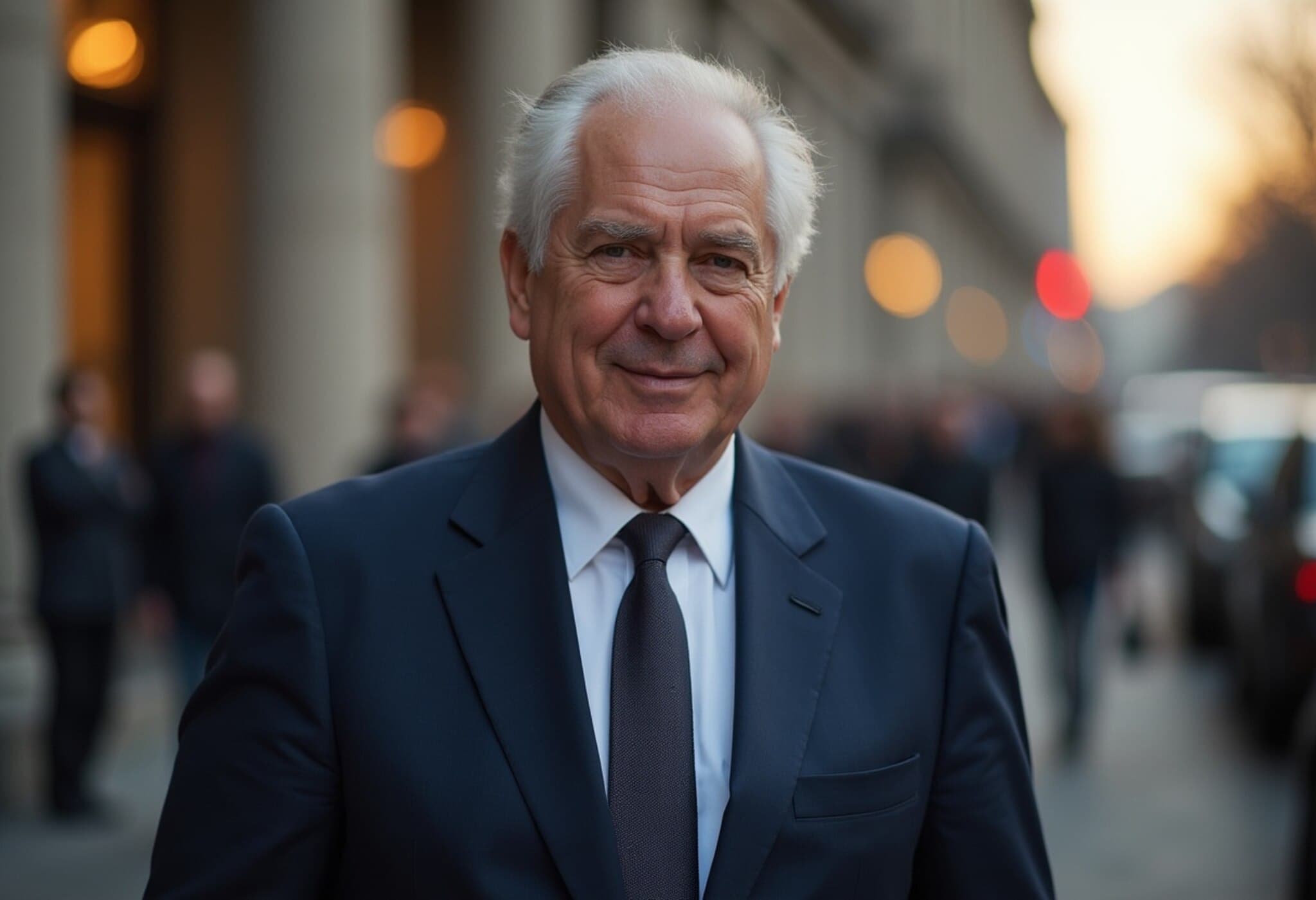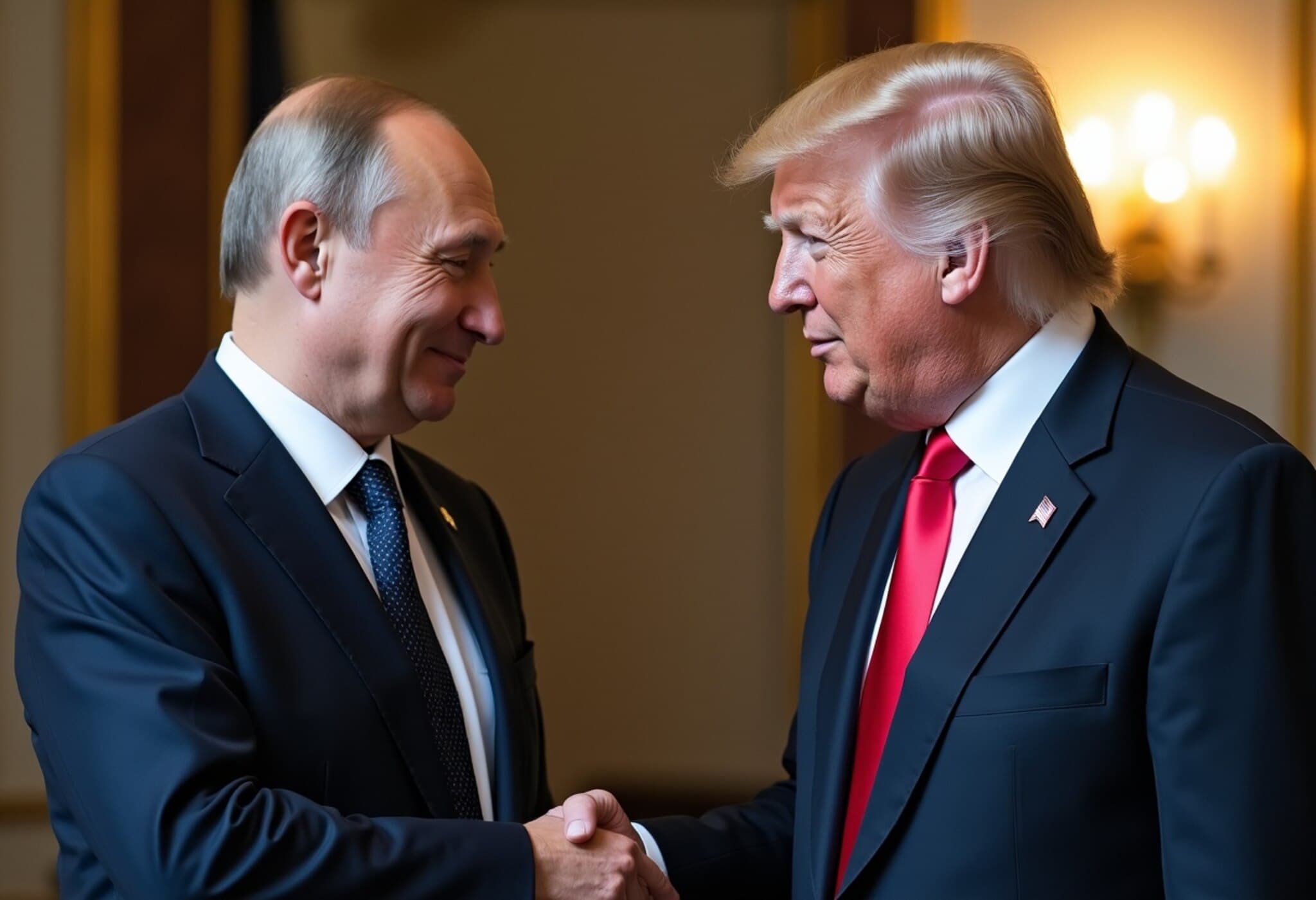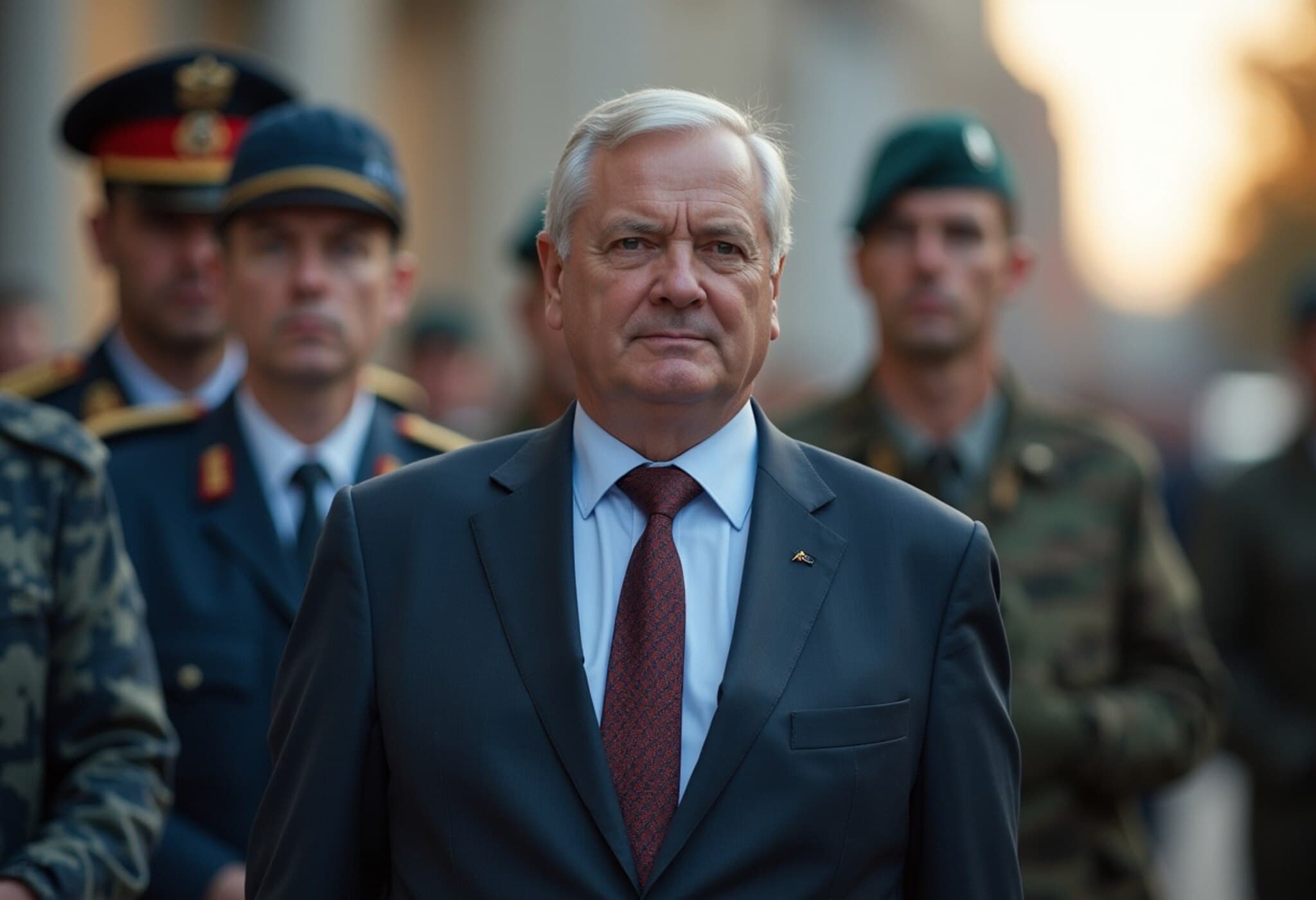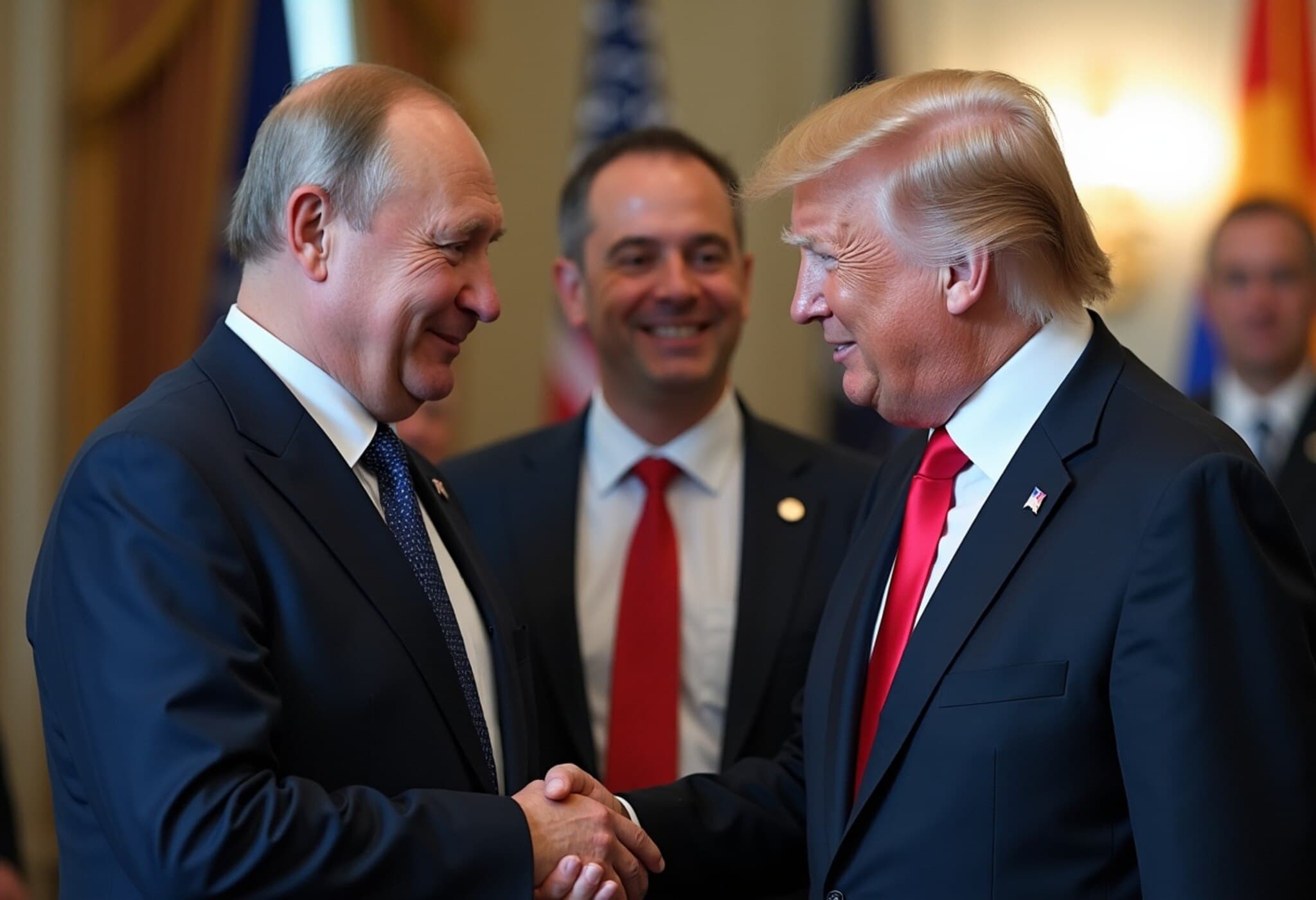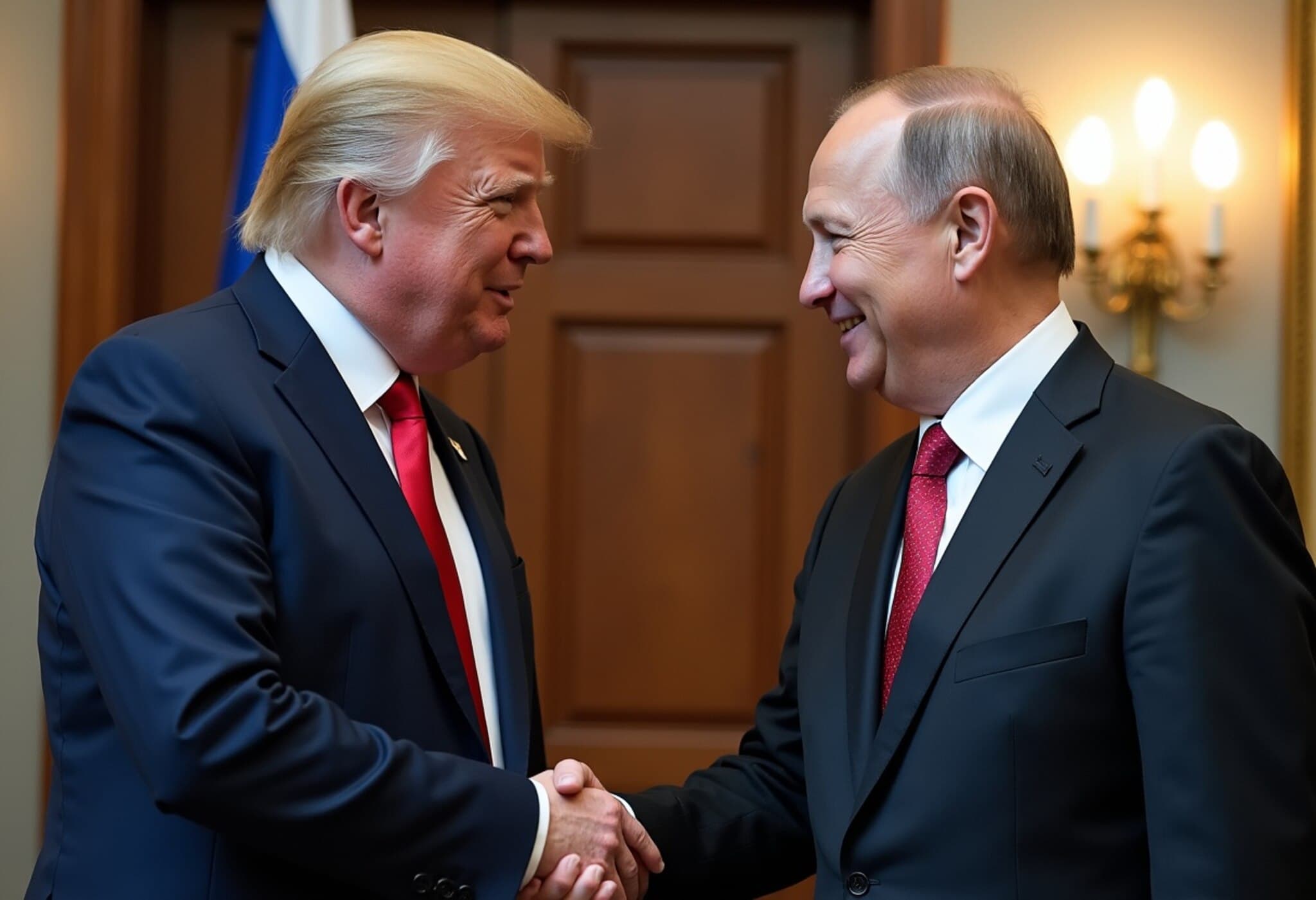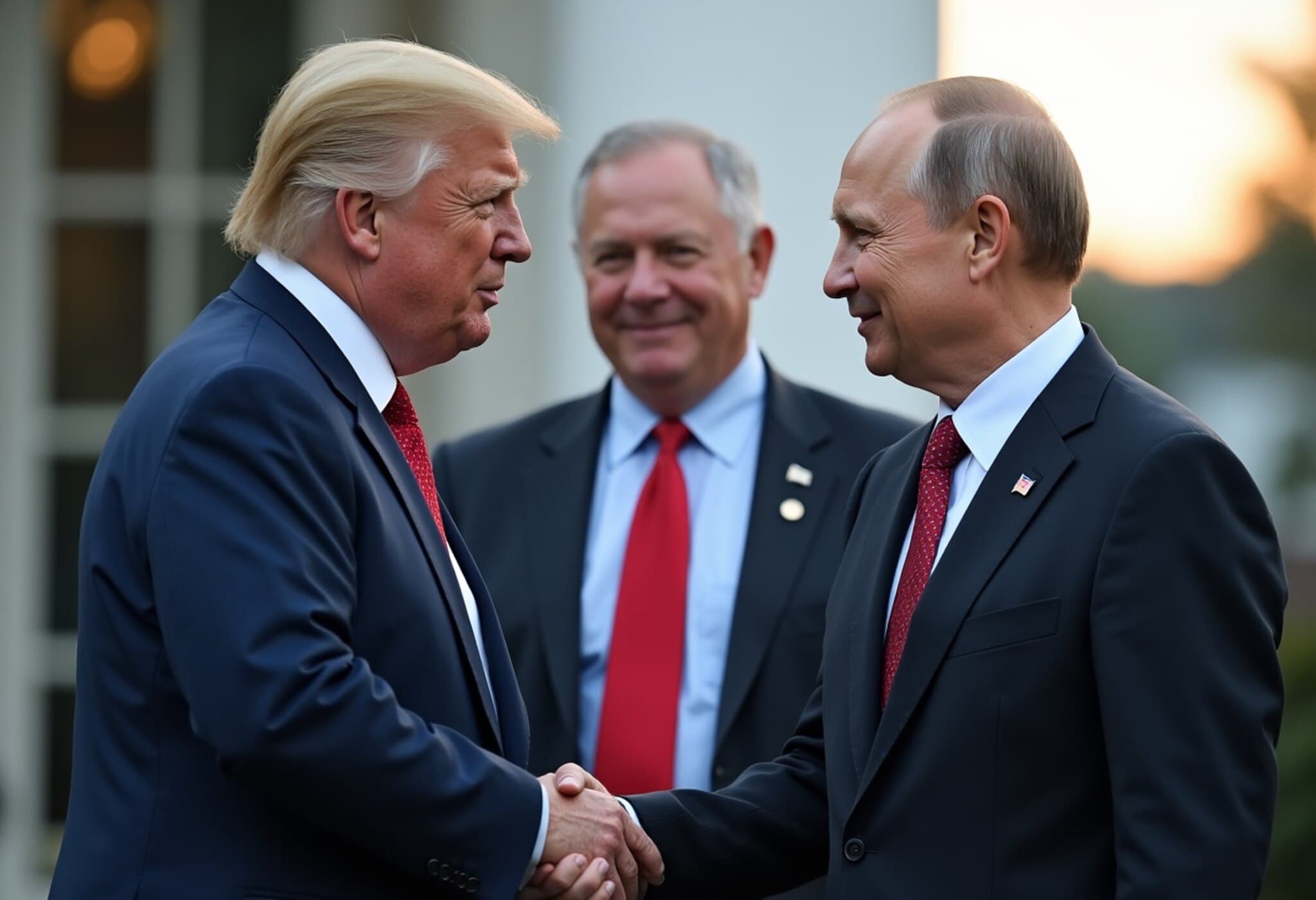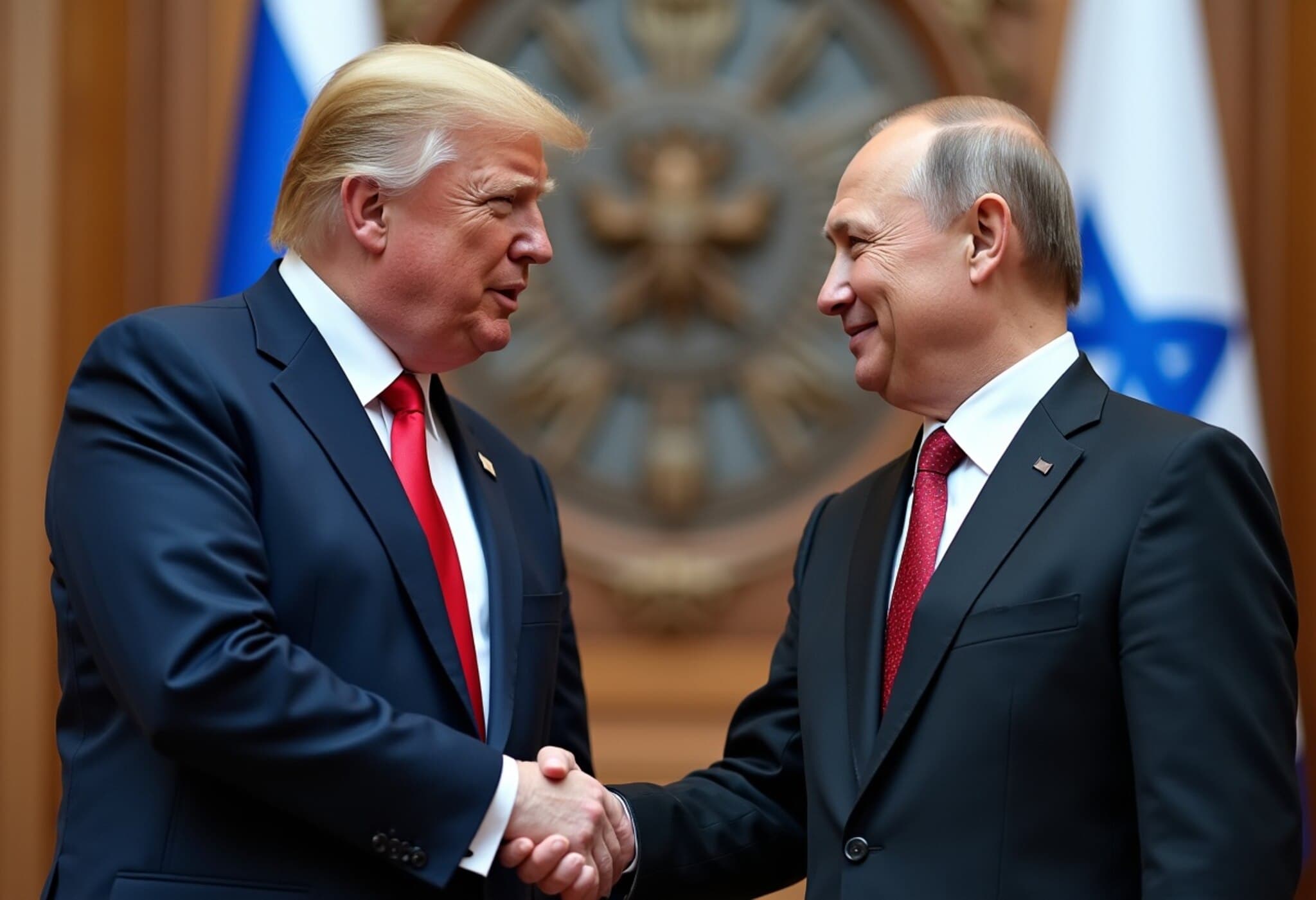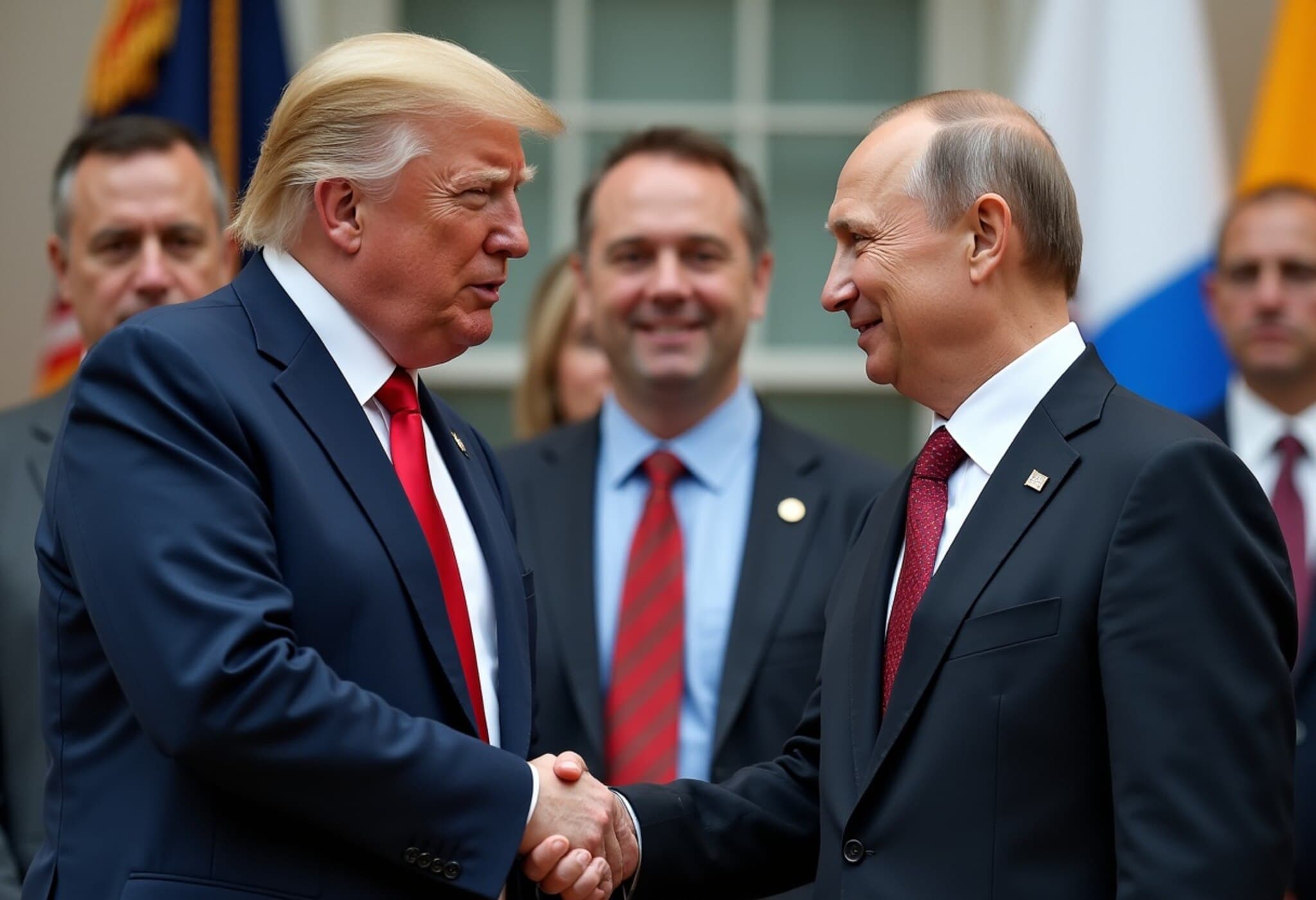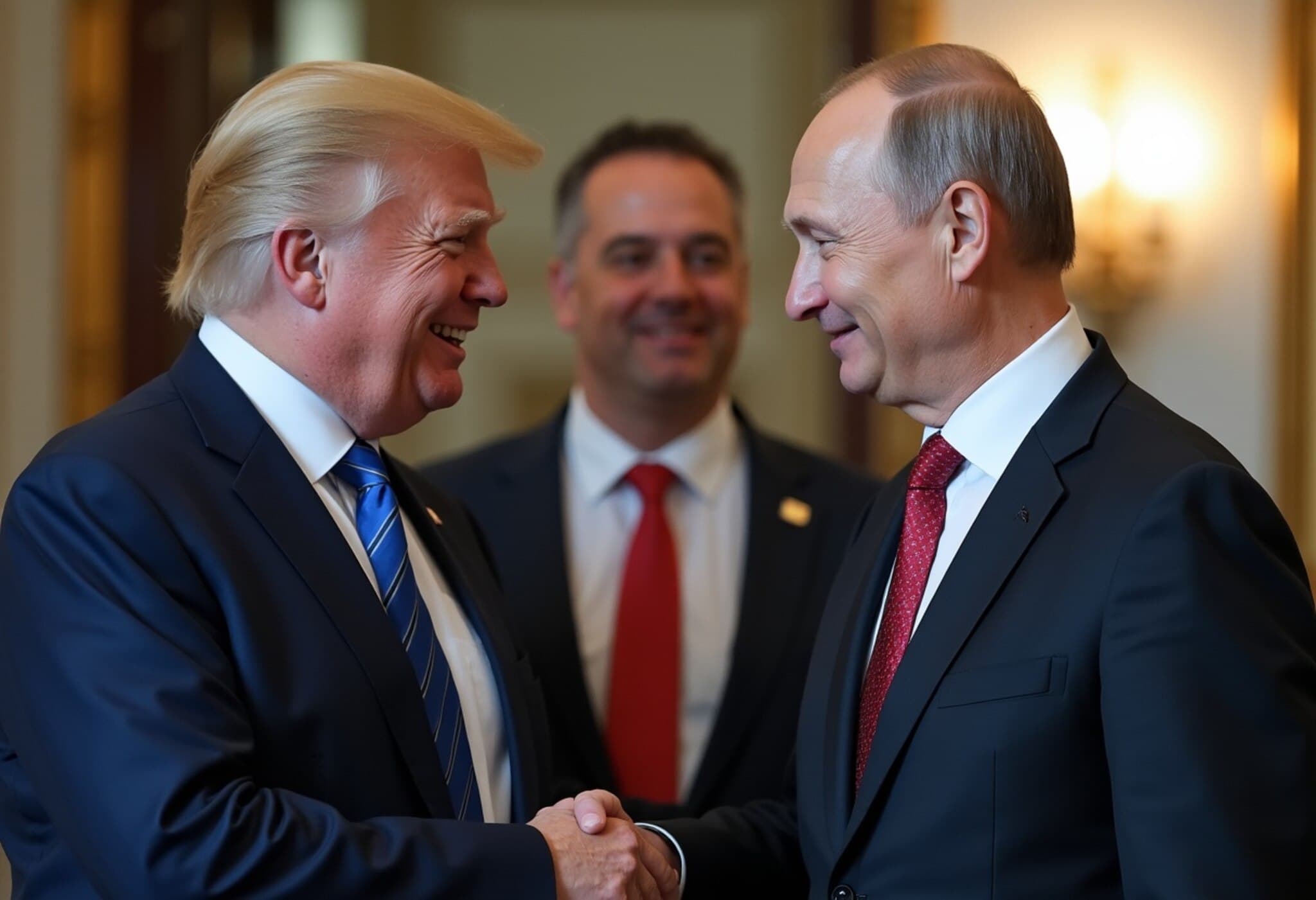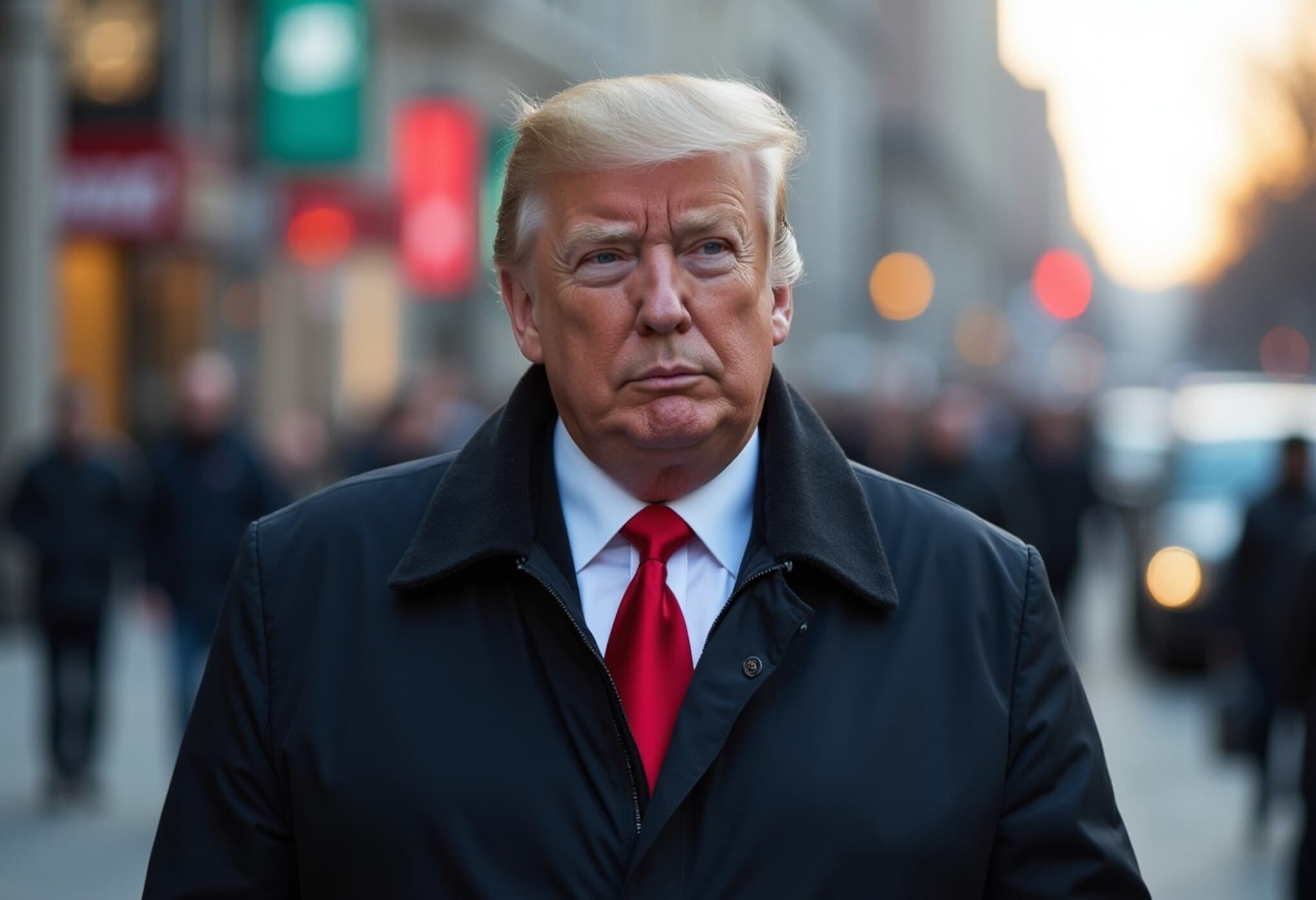Ukrainians Watch Uneasily as Trump and Putin Prepare for Summit
As President Donald Trump and Russian President Vladimir Putin gear up to meet in Alaska — the first US-Russian summit since 2021 — the mood in Kyiv is one of cautious skepticism. For many Ukrainians, the prospect of a swift diplomatic resolution to the 3½-year conflict feels distant and fraught with peril.
Public Opinion: Hungering for Peace, Yet Fearful of Compromise
Recent polling conducted by the Kyiv International Institute of Sociology reveals a complex public sentiment. While a vast majority of Ukrainians want negotiations to halt the bloodshed, there is a near-equal resistance to any peace deal that demands significant territorial concessions. This dual desire underscores the tension between yearning for peace and protecting national sovereignty.
- Negotiated settlement: Broadly supported by the public as a path forward.
- Territorial integrity: Non-negotiable for many Ukrainians, showing deep mistrust of any deal that might undermine it.
Voices from Kyiv’s Streets: Distrust and Determination
On the bustling Maidan Nezalezhnosti, or Independence Square, Reuters interviewed several residents reflecting a range of emotions but united in skepticism.
Anna Sherstniova, a 47-year-old accountant, expressed frustration with President Trump’s perceived unpredictability: “I don’t trust Trump. He says one thing today, another tomorrow. In five days, it’s something else. So I have no faith in him.”
Meanwhile, 65-year-old cleaner Tetiana Harkavenko resignedly predicted the conflict would outlast the summit: “Nothing good will come of it because war is war. We won’t give up our territory to anyone.”
Even younger voices like 26-year-old technician Liubomyr Yurtsiv held a pessimistic view: “Most likely, the outcome won’t be positive.”
War Veterans’ Perspectives: A Fight for Rights and Homeland
Valerii Kucherenko, a 31-year-old war veteran who lost both hands fighting on the eastern front, shared a sobering outlook from his pizzeria in Bila Tserkva. “I hope for peace on our terms,” he said, “But we all understand it’s complex. Putin and Trump might reach a deal, but it won’t favor us. We’re Ukrainians, and we will defend our rights to the very end.”
Expert Analysis: The High Stakes of Diplomatic Engagement
The summit marks a significant shift in Western diplomacy, as Trump’s willingness to engage directly with Putin breaks ranks from previous efforts aimed at isolating Moscow. The timing and framing of the meeting raise critical questions:
- What concessions, if any, might be on the table? Trump has indicated that a peace settlement will require mutual territorial compromises.
- How will Ukraine's sovereignty be safeguarded in negotiations? Kyiv’s deep mistrust reflects concerns about being sidelined in decisions affecting its territorial integrity.
- Will the US maintain its support for Ukraine’s defense, or lean towards a quick diplomatic fix?
American policy analysts note the delicate balance the US must strike: preserving its commitment to Ukraine’s democratic sovereignty while managing a fraught relationship with Russia. The potential for a rushed settlement under political pressure risks alienating Kyiv and undermining long-term peace prospects.
Looking Ahead: Ukrainian Resolve Amid Uncertainty
As this historic summit unfolds, Ukrainians stand at a crossroads, wary of outcomes that may compromise their hard-fought gains but hopeful for an end to the relentless conflict. Their voices reflect a broader truth — peace achieved at the expense of justice is no peace at all.
Editor's Note
The Trump-Putin summit underscores the complexity of resolving one of the most entrenched conflicts in modern European history. While diplomatic dialogues are essential, the ultimate solution must be inclusive, respecting Ukraine’s sovereignty and the will of its people. As readers, we are reminded to watch closely—not just the outcomes on paper, but the human realities beneath them.

